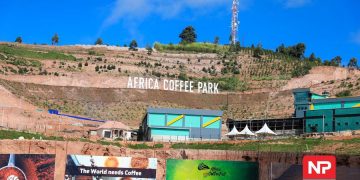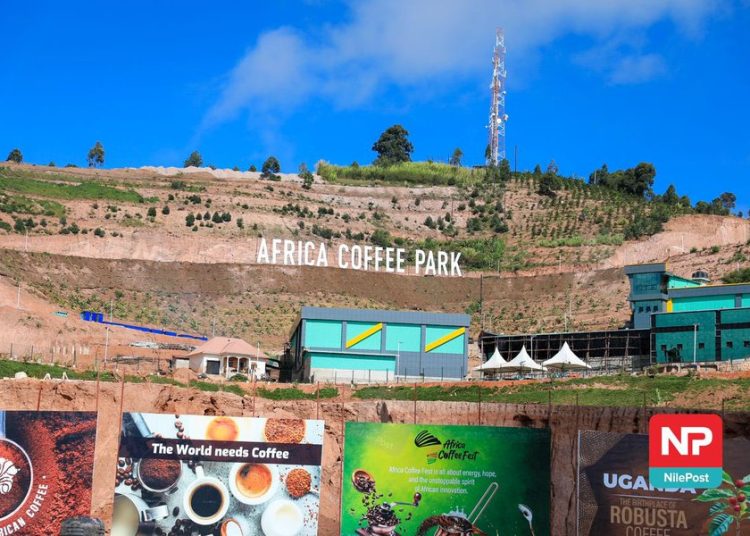The inaugural Coffee Marathon is set to take place on Saturday, May 24, in Ntungamo District, with organisers targeting a record turnout of 50,000 participants.
The event will begin and end at the state-of-the-art Africa Coffee Park in Rwashamaire, a $132 million (sh489 billion) facility that is expected to become a landmark for Uganda’s coffee industry.
The marathon will feature 42km, 21km, 12km, and 5km race categories, catering to elite runners, amateurs, and community participants alike.
This unique run is being held under the theme “Uplifting Rural Coffee Women Out of Poverty”, with all proceeds earmarked to establish a coffee fund aimed at supporting women in rural coffee-growing communities.
Inspire Africa Group (IAG), the organisers of the event are banking on a massive turnout to create what they hope will be the largest marathon in sub-Saharan Africa.
“This is more than just a race. It is a call to action to transform our communities through coffee,” said IAG CEO Nelson Tugume during the launch event in Kampala last month. “We’re mobilizing the country and the world to appreciate our coffee and uplift the farmers behind it.”
Winners in the 42km, 21km, and 12km categories will share a total prize pool of sh116.5 million, with the top male and female finishers in the full and half marathons each walking away with sh10 million.
In total, 50 runners will receive cash prizes. Dorcus Inzikuru, Uganda’s celebrated long-distance runner, will serve as the event’s ambassador.
The marathon has attracted major institutional backing, with partners including Vision Group, DFCU Bank, Equity Bank, Bank of Uganda, Uganda Tourism Board, Uganda Wildlife Authority, the Ministries of Finance and Science, Technology and Innovation.
The Inspire Africa Coffee Factory, where the race will start and finish, aims to revolutionize Uganda’s coffee value addition industry and position the country as a key player in the global coffee market.
The broader initiative envisions attracting up to one million coffee tourists annually and injecting as much as $2 billion into the national economy.





























